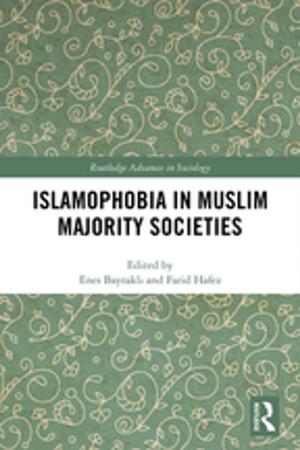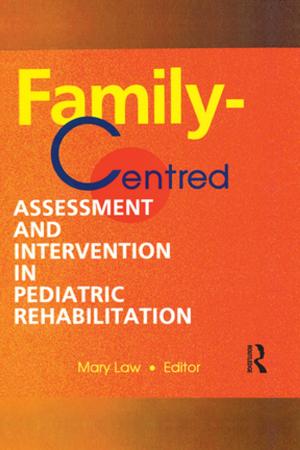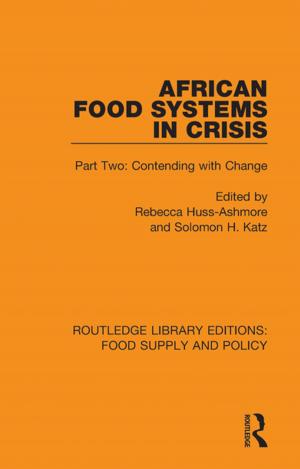Nationalism and Exclusion of Migrants
Cross-National Comparisons
Nonfiction, Social & Cultural Studies, Social Science, Human Geography, Cultural Studies, Emigration & Immigration| Author: | Mérove Gijsberts, Louk Hagendoorn | ISBN: | 9781351915762 |
| Publisher: | Taylor and Francis | Publication: | July 5, 2017 |
| Imprint: | Routledge | Language: | English |
| Author: | Mérove Gijsberts, Louk Hagendoorn |
| ISBN: | 9781351915762 |
| Publisher: | Taylor and Francis |
| Publication: | July 5, 2017 |
| Imprint: | Routledge |
| Language: | English |
The association of exclusionist and nationalist relations, termed ethnocentrism, has been previously explored within single-country contexts. Studies have shown that dispositional factors, such as social identity and personality traits, affect ethnocentric reactions and that attitudes differ between social categories. However, broader national and international explanations have been neglected in the literature. This book fills this major gap by providing a unique account of the relationship between nationalist attitudes and the exclusion of migrants across a range of European countries, the US, Canada and Australia. Drawing on a variety of comparative surveys, the authors assess whether ethnic exclusionist reactions and nationalist attitudes are indeed systematically related across countries, and whether variations in such attitudes reflect country-level as well as individual-level differences. The authors consider the multidimensionality of the concepts of nationalism and exclusionism as well as the empirical associations, and analyze the attitudes of both majority and minority groups within the countries studied.
The association of exclusionist and nationalist relations, termed ethnocentrism, has been previously explored within single-country contexts. Studies have shown that dispositional factors, such as social identity and personality traits, affect ethnocentric reactions and that attitudes differ between social categories. However, broader national and international explanations have been neglected in the literature. This book fills this major gap by providing a unique account of the relationship between nationalist attitudes and the exclusion of migrants across a range of European countries, the US, Canada and Australia. Drawing on a variety of comparative surveys, the authors assess whether ethnic exclusionist reactions and nationalist attitudes are indeed systematically related across countries, and whether variations in such attitudes reflect country-level as well as individual-level differences. The authors consider the multidimensionality of the concepts of nationalism and exclusionism as well as the empirical associations, and analyze the attitudes of both majority and minority groups within the countries studied.















